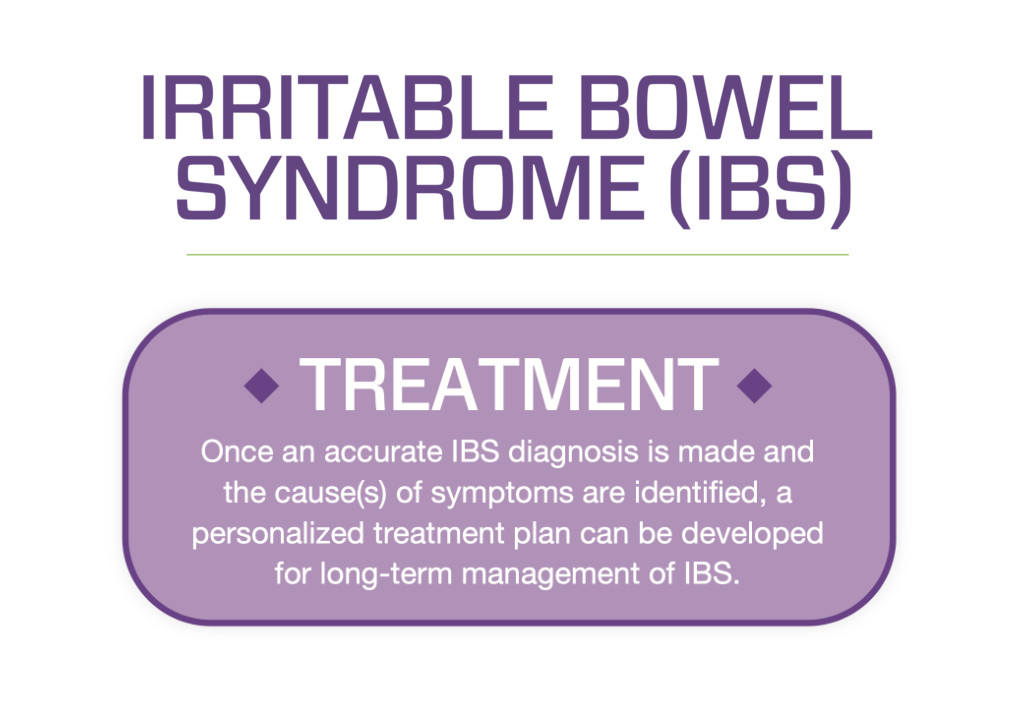Treatment of IBS
Once diagnostic tests eliminate other causes for symptoms, a treatment plan must be developed. Treatment plans for IBS can be as varied as the number of people having symptoms. Determining whether food, stress, mental health, medications or other factors are causing the symptoms is key to choosing the right treatment plan.
For most people, avoiding certain foods can be helpful. Your gastroenterology specialist will work with you to start an elimination diet, such as a low FODMAP diet. This diet will give your gut a break from certain types of foods for a few weeks, then you will start slowly reintroducing foods to pinpoint those that may be causing symptoms.
The Stress of Having IBS
Having IBS can be stressful, embarrassing and put undue pressure on people to remain close to a bathroom, preventing them from fully, freely living their life. In this way, stress becomes its own cause and symptom. Mental health and managing stress are critical parts of IBS treatment. Developing new habits to focus on relaxation and stress relief, such as meditation and physical exercise, or working with a mental health professional to address stressors, are invaluable tools in IBS therapy.
Stop letting IBS control your life. Learn more about your IBS treatment options with a visit to one of the gastroenterology specialists at Granite Peaks’ Utah Gastroenterologists, click here.
